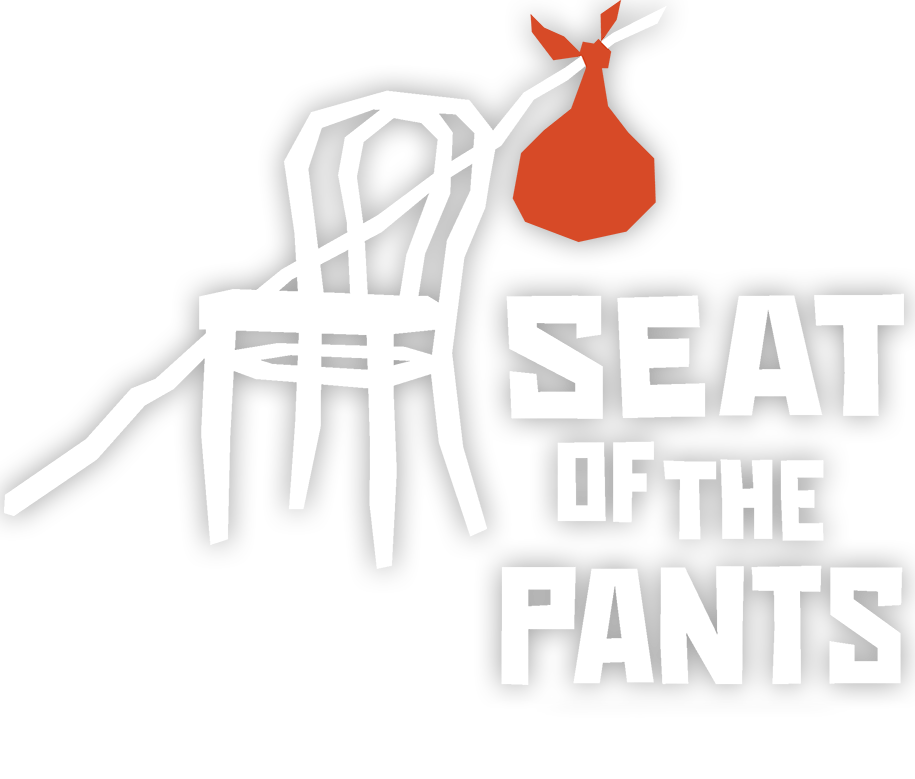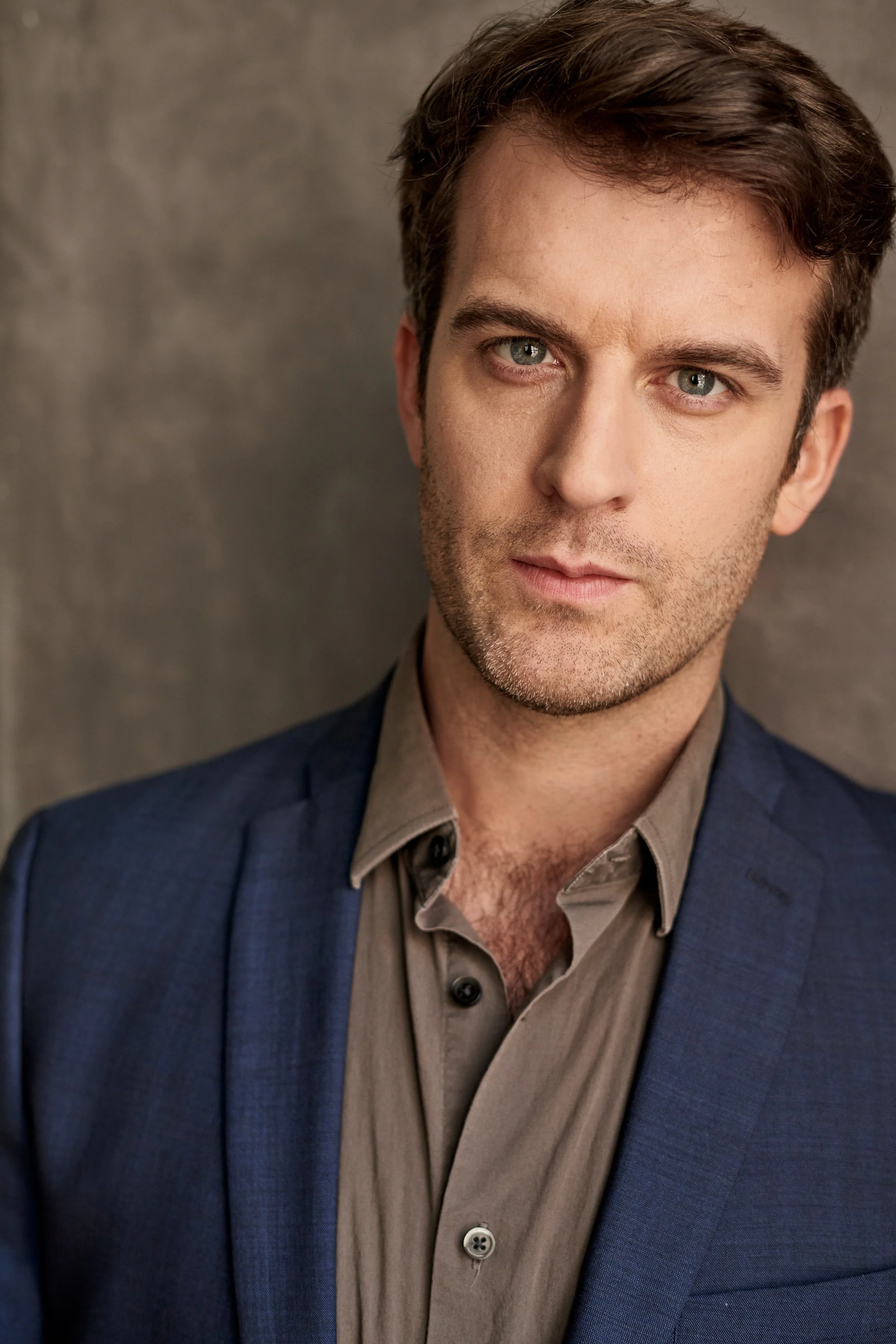THE WORK OF THE DIALECT COACH, BY MATT KOENIG
hɛˈlɤʊ̯, aɪ̯m mæt ko̜ʊnɪgʰ naɪm ðə ˈdaɪ̯əˌlɛkt koʊ̯t͡ʃ fɝ ðə t͡ʃɪldɹ̤ɪn
Oh sorry — “I’m Matt Koenig, and I’m the dialect coach for The Children.”
That introduction was written using the symbols of the International Phonetic Alphabet (IPA), a system of phonetic symbols that represents all the sounds of human speech — not just some sounds, but all the sounds humans make. If you can read this, no matter what the original language is, you should be able to articulate the words exactly as intended.
This is the shortcut I use when I’m analyzing accents. Depending on the person I’m coaching, I’ll offer adjustments based on IPA, or I’ll give them something I call faux-netics. For example, in certain British accents, if someone were to say the line “Half the developing world,” I might note it in one of two ways:
A. “Half the developing world” — The vowel in half will sound closer to the vowel in father rather than in trap.
B. “Half the developing world” — [hɑf] rather than [hæf]
B is a delightful shortcut I utilize. If you understand the language, that’s the only note I need to give. It makes note-giving even more efficient. Join me down the rabbit hole if you’re interested.
The sound [æ], like in trap or Matt, is made by creating a small cup in the front of the dorsum — the larger body of the tongue just past your tongue tip.
Say the sentence:
“Matt had a trap for Dad!”
With the vowels in Matt, had, trap, and Dad, what does your tongue do? While I’m making a lot of assumptions about where you were raised and what languages you speak, it’s possible that your tongue is cupping toward the front.
Now compare that to [ɑ], like in father or palm. Again, making bold assumptions, the back of your tongue may cup instead!
“Father calmly palms the lava.”
I wouldn’t be as calm as this father. How about there? Perhaps the L in calmly and palms feels a bit different than in father or lava but perhaps you feel a big shift in the tongue compared to Matt.
Now, let’s explore a workout as we flip between the two. Pay attention to the ways you say the various “a” sounds:
“Father passes the llama back to Stan and Hans.”
Back, forward, back, forward, forward, and back. And… what did you do with the and? Did you even say the a in it? Was it just an n? Was it an eh /[ɛ]/ sound?
Yes, this is the stuff I think about all day long.
So:
With a British accent — at least the ones we’re playing with in this play — Contemporary Received Pronunciation (a non-regional and socially unmarked British accent) for Rose and Hazel, and Estuary (a modern British accent from the Thames Estuary area of southeastern England that sounds somewhere between Contemporary RP and Cockney) for Robin, I watch hours and hours of British TV and interviews — yes, what a terrible life, having to watch The Great British Baking Show all evening after work — and analyze the sounds certain people make. I create a breakdown of what I hear and help the actors find authenticity in their sounds.
So, should an actor say Half the Developing world [hæf ðə dɪˈvɛləpɪŋ wɜːld] in their British accent, I’ll offer a suggestion and say “[hɑf] rather than [hæf],” or my faux-netics.
There are certain patterns that I analyze and can make broad assumptions. Where it gets fun is when the rules fall apart. For example:
“Answer after the fast giraffe passes.”
I suppose a quick giraffe is sprinting by, making it impossible for the listener to hear the speaker. In this sentence for the accents listed above, each of the “a” sounds will move toward that back [ɑ]. However, sometimes the rules are bizarre and don’t always apply. For example:
“The cant of the passenger’s can’t pass.”
You would assume cant and can’t would be the same, and passengers and pass as well — me too! But they aren’t. The [forward sound], [forward sound], [back sound], [back sound]…Cant shan’t sound like can’t—is shan’t front or back?
That’s where I come in — to research and offer insight into what is more “truthful” in these accents.
I love what I do and find it endlessly intriguing. If you’ve made it this far, maybe you do too! The actors in this show are making my job very easy, as they are authentically embodying these accents. Keep listening and tell me what you heard!
/ ˈθæŋk juː fə ˈriːdɪŋ /

